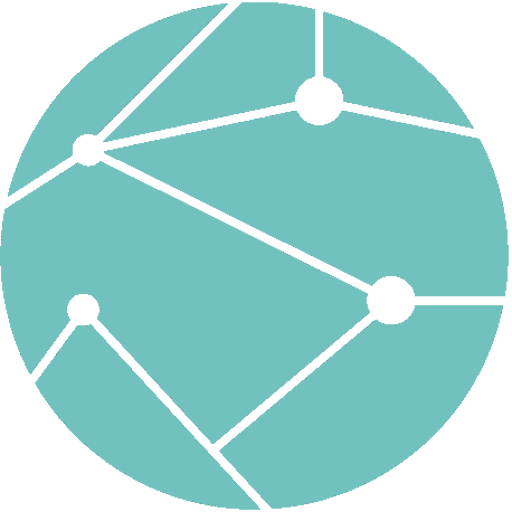Description
Beginning of the debate based on brief presentations by Dr. Imma Estrada, Dr. Ramon Ribó and Dr. Xavier Pintado, Doctors in Road, Channel and Port Engineering.
Debate on whether doctoral studies prepare the doctoral student to “lead and cooperate in transferring knowledge to the welfare of society” (RD 99/2011) or if they are only a route to access teaching and research at the university.
The Royal Decree 99/2011, of January 28, which regulates the official teaching of the doctorate, «pursues the objective of collaborating in the formation of those who are to lead and cooperate in the transfer of knowledge towards the welfare of the society in coordination with the incorporation of the main recommendations arising from the different European and international forums ».
Specifically, in its article 5 (“Competences to be acquired by the doctoral student”) it is indicated that “Doctoral studies shall guarantee, as a minimum, the acquisition by the doctoral student of the following basic competences”:
a) Systematic understanding of a field of study and mastery of the research skills and methods related to that field.
b) Ability to conceive, design or create, implement and adopt a substantial research or creation process.
c) Ability to contribute to the expansion of the frontiers of knowledge through an original investigation.
d) Ability to perform a critical analysis and evaluation and synthesis of new and complex ideas.
e) Ability to communicate with the academic and scientific community and with society in general about their fields of knowledge in the modes and languages commonly used in their international scientific community.
f) Ability to promote, in academic and professional contexts, scientific, technological, social, artistic or cultural progress within a knowledge-based society.
Likewise, obtaining a Doctor’s degree must provide high professional training in diverse fields, especially in those that require creativity and innovation. Doctors will have acquired, at least, the following personal abilities and skills to:
a) Develop in contexts where there is little specific information.
b) Find the key questions and answers to solve a complex problem.
c) Design, create, develop and undertake new and innovative projects in their field of knowledge.
d) Work both as a team and autonomously in an international or multidisciplinary context.
e) Integrate knowledge, face complexity and make judgments with limited information.
f) Criticism and intellectual defense of solutions.
This extract from RD 99/2011 marks the starting point of the debate.
Participate:
- Dr. Imma Estrada. Director of Solar and New Business Lines of Esteyco, Barcelona.
- Dr. Ramon Ribó. CEO of Compass and CTO of Scipedia, Barcelona.
- Dr. Xavier Pintado. Geotechnical engineer at AINS Group, Espoo, Finland.Moderator: Dr. Jaume Armengou Orús, PhD in Engineering of Roads, Canals and Ports, Numerary Academician and President of the Technological Sciences Section of the Royal European Academy of Doctors-Barcelona 1914 (RAED).
Venue: Assembly Hall of Fomento del Trabajo Nacional building – Via Laietana, 32, Pral, Barcelona
Event date: 25.02.2020
Event time: 19:00 p.m.

